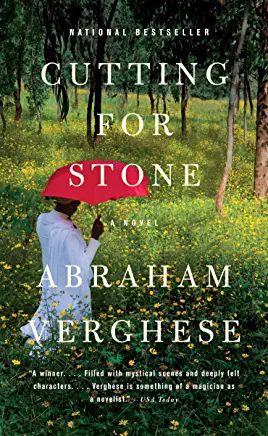
If You Can’t Find Your Genre, Create One.
MONSIEUR JOURDAIN: Oh, really? So when I say: Nicole bring me my slippers and fetch my nightcap,” is that prose?
PHILOSOPHY MASTER: Most clearly.
MONSIEUR JOURDAIN: Well, what do you know about that! These forty years now I’ve been speaking in prose without knowing it!
—Molière, The Bourgeois Gentleman, 1670
In the previous post, I wrote about finding my readers, and how to communicate with them. The first step was to identify my genre. Next––to find where my potential readers flock together. But what is my genre?
The most common recommendation, disseminated by some of the biggest gurus of writing, is the idea to write to the market. You need to follow the money, find out which genre is the most popular on Kindle, and write to these people. For many reasons, I didn’t like the advice, and it didn’t work for me. Not the least, I had my own idea of what I wanted to write about, and I didn’t care about romances, sci-fi or horror stories. I had my own story to tell. I just didn’t know that at the beginning. Like Monsieur Jourdain from The Bourgeois Gentleman––he spoke prose his entire life and didn’t know it.
After years of reading, writing, editing and publishing, I decided to write the Dr. Murano series. Actually, I rewrote stories I started some ten years ago. It’s the Murano family saga, with cardiac surgeon Dr. Jack Murano as a protagonist. The first part, ‘Pals Forever’, is written, and waiting for its release. The second, ‘The Resurrections’ is being proofread. I have a cover already. The third, ‘The Eighteenth Camel’, is in the final stage of editing. I have an idea about its cover, but didn’t ask the artist to make a final image yet.
Then there are several short stories spread to help understand what had happened between the novels, four of them already written.
But, still, what’s my genre?
Then I came across and read “Cutting for Stone” by Abraham Verghese, and it felt as if I was looking in the mirror. I was at home. This was my kind of writing!
But at first, I didn’t really like the book. 650 pages is far too many. Too many characters, too complicated and convoluted plots. Some chapters reminded me of the operating room manual. Nevertheless, the vasectomy scene was described beautifully.
There are other ’toos’.
Then came the good points. The author’s curriculum reminded of my life after coming to this country some fifty years ago. I could closely relate to Dr. Stone’s rocky assimilation to the realities of life in the United States. As Abraham Verghese, and his protagonist Dr. Marion Stone, I went through the same adjustment to working in my chosen profession after being trained in a foreign country in the completely foreign medical culture, and using the foreign language, coming here I thought I knew.
The protagonist was a surgeon, came from Ethiopia, and continued his career in the United States. He described his training and work as brutal, dehumanizing, and exhausting. But he loved it. Just as I did. We were on call every-other night, and no one complained. No wimps.
His frame of mind closely paralleled mine. The OR scenarios he described were the way I witnessed, the conversations he had were just like I had during my training. The medical details, maybe redundant, were just as realistic as I saw them. His thoughts about the medical life in the new surroundings resembled mine.
I found a few gems:
The eleventh commandment. ‘Thou shall not operate on the day of a patient’s death.’
What a pearl. This is one of the most important skills any surgeon has to develop. To know when not to operate. When not to ‘Cut for stone.’ Not to operate on a dying patient, even if it seemed technically workable. Often a tough stance to take.
There’s another:
The question: “What first-aid treatment in shock is administered by the patient’s ear?”
The answer: “The words of comfort.”
I found some I’ve already heard: ‘The pregnancy is a sexually transmitted disease.’
Then the Freud’s statement I much liked: “No one could be a man unless his father has died.”
Brilliant. It fit Dr. Murano’s philosophy and I had used it in my book.
In fact, I’ve used more. I’ve incorporated many more detailed descriptions of the surgical procedures. But I made them more palatable to an average reader. Not to be sensationalist and elitist, but to better introduce a reader to the drama during complex surgeries. Quite often, patients have no idea what’s going on in a walled off space of the operating room, when you put many members of the operating team in stressful circumstances, and then crank up the pressure by unexpected, life-changing events. Just to show that when a human life is on the line, the surgeons are the people, too.
In the end, not being able to fit in any of the popular genres, and not willing to write to market, I created my own genre. It is a medical fiction with a family saga.
Now I just have to find my readers.
So, the game is on.

2 Comments
Well said and well written. You have a most unique perspective in a field that most mortals never truly know. You give your readers that insight while cognizant that it is important to use words that paint the picture for the common reader.
Intersting. Teresa